Our History
For 60 years years, the New Hampshire Charitable Foundation has helped shape New Hampshire’s cultural, social and environmental landscape — launching initiatives and building partnerships, working side-by-side with individuals, families, businesses, nonprofits and government agencies. Through the years, our work together has proved the power of collaboration to serve the public good.
1962
The New Hampshire Charitable Foundation is incorporated with funds from the Spaulding-Potter Trusts. Eugene Struckhoff, a young attorney with Orr and Reno in Concord, played a lead role along with Dudley Orr and John McLane. “Struck” went on to create 140 community foundations across the United States, becoming known as “the Johnny Appleseed” of community foundations.
1968
Jean Hennessey becomes the first full-time executive director; assets grow nearly tenfold during her nine years at the Foundation.
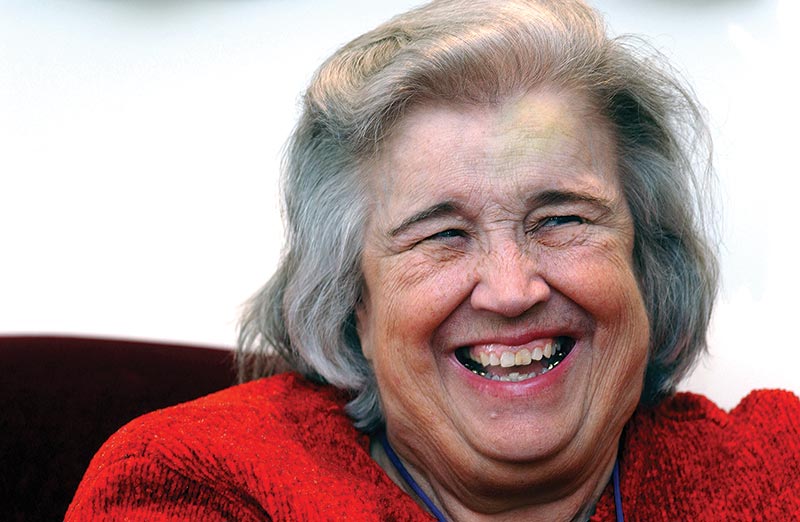
1968 Jean Hennesey
1969
The Foundation Reform Act is signed into law, prompting several New Hampshire family foundations to begin their affiliation with the Foundation.
1971
The NH Citizens’ Scholarship Fund, the precursor to the Foundation’s Student Aid Program, is established. By 2012 it is distributing more than $5 million annually, the single largest source of private student aid in the Granite State.
1972
Norma Daviault starts work at the Foundation — and retired 20 years later in 2012, after guiding countless students through the Foundation’s scholarship application.
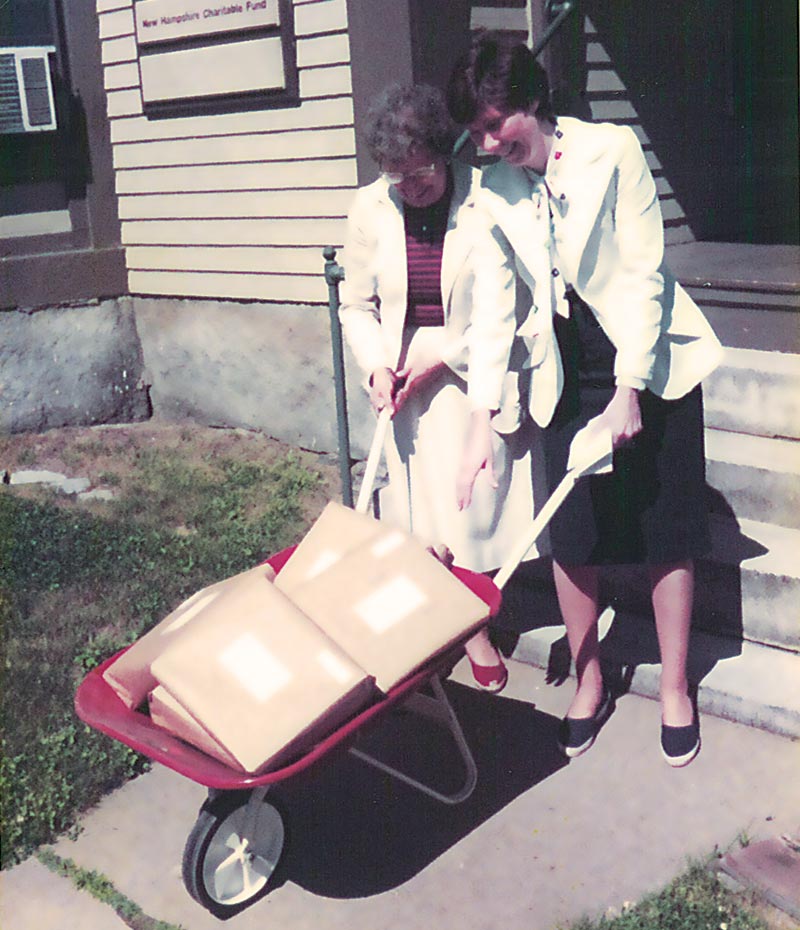
1972 Norma Daviault and Gert Snow wheel board packets to the post office
1972
The first donor advised fund (the Badger Fund) is established at the foundation, starting a trend of donor involvement and commitment that continues to grow. Today, more than 413 donor advised funds have been established at the Foundation.
1973
With a staff of nine, the Foundation moves to One South St., Concord.
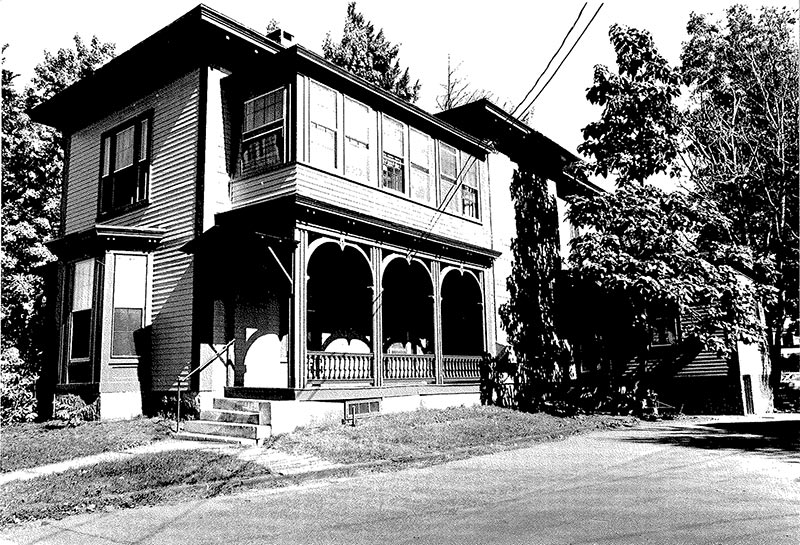
1973 One South Street — the Foundation’s only home for the first 20 years
1974
The Foundation helps spearhead the effort to save Manchester’s historic Palace Theater, just one example of projects that have helped preserve New Hampshire’s history.
1979
William B. Hart Jr. becomes the Foundation’s executive director.
1981
Foundation support helps launch New Hampshire Public Radio, dramatically changing the state’s media landscape.

1981 New Hampshire Public Radio goes on the air
1982
The Corporate Fund, involving leading businesses in the state, is established with the goal of improving management, financial, and strategic planning for New Hampshire’s nonprofits.
1983
The Foundation establishes the Greater Piscataqua Community Foundation (now the Piscataqua Region), the first of what will eventually be eight regions, ensuring both a local presence and a statewide perspective.
1983
The Foundation incubates the NH Community Loan Fund, which enables traditionally underserved people to participate more fully in the state’s economy. Eventually, the Community Loan Fund becomes nationally recognized for its innovation.
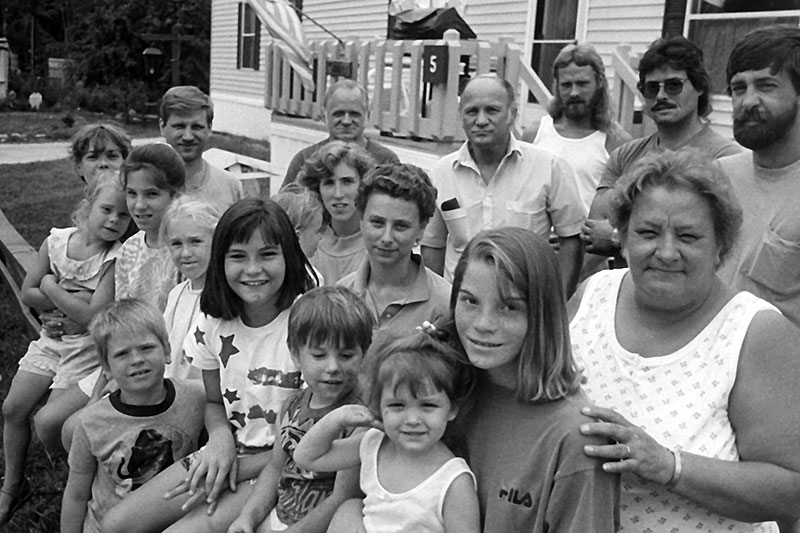
1983 Residents of Meredith Village Co-op — the Community Loan Fund’s first loan — celebrate their 10th anniversary in 1994.
1983-86
The Foundation helps create the Vermont Community Foundation and the Maine Community Foundation.
1985
The Northern New Hampshire Foundation (now the North Country Region) becomes the Foundation’s second region.
1986
The Foundation’s largest grant to date supports the launch of the Trust for New Hampshire Lands, a six-year, public-private partnership that protected 100,000 acres of conservation land.
1986
Lewis M. Feldstein is named president of the Foundation.
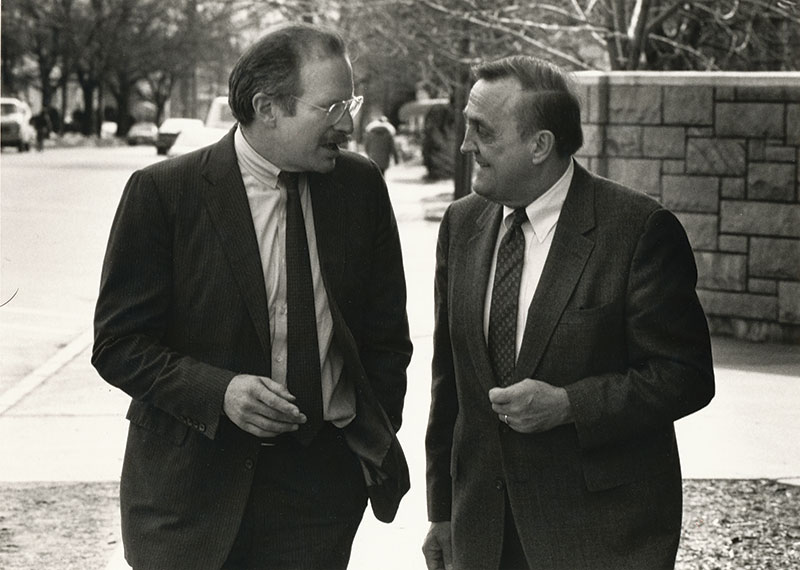
1986 Lew Feldstein and Kimon Zachos
1986
Christa McAuliffe, a teacher at Concord High School, was chosen from among 10,000 applicants to be the first teacher in space. After her tragic death in the Challenger space shuttle launch, the Christa McAuliffe Sabbatical Program was created to memorialize her and foster the professional development of gifted teachers and the sharing of educational practices in our schools.
1987
The New Hampshire Children’s Trust Fund, devoted to eliminating child abuse and neglect in the Granite State, is established with support from the Foundation.
1987
The New Hampshire Charitable Foundation celebrates 25 years — and has become one of the 25 largest foundations in the country.
1988
The Foundation’s largest grant to date ($210,000) helps launch the New Hampshire School Improvement Program, a partnership with the state, supported by three different governors, creating customized upgrades to more than 100 schools.
1992
The Lakes Region Charitable Foundation (now the Lakes Region) is established.
1992
The Foundation and the BIA help launch Leadership New Hampshire, a program aimed at introducing emerging leaders to one another and encouraging civic engagement
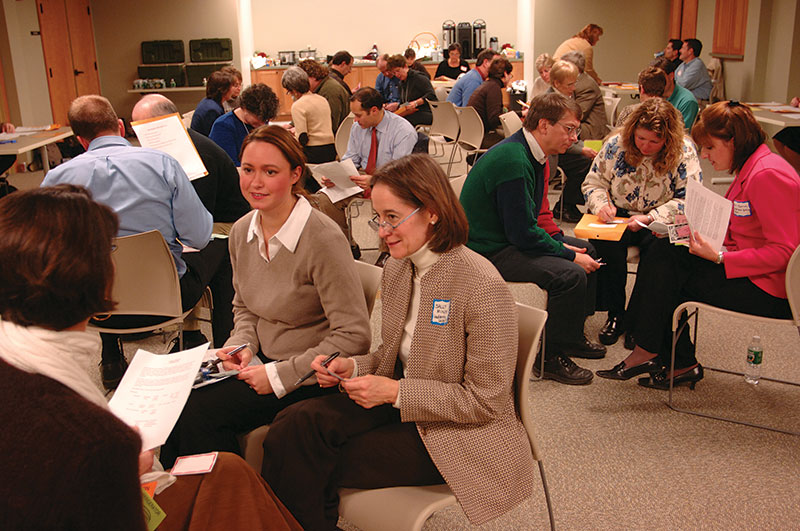
1992 Leadership New Hampshire launches
1992
The John F. and Dorothy H. McCabe Environmental Fund is established to support environmental organizations working to enhance land and natural resource conservation statewide.
1993
The Foundation expands into 37 Pleasant St., Concord, an award-winning renovated building that began life as a Baptist church in 1853.
1993
NH Healthy Kids, committed to providing access to affordable health coverage to the state’s uninsured children, is established with support from the Foundation.
1993
Caroline Gross held many positions in New Hampshire government and was House Majority Leader when she passed away in 1993. Her family, friends, and colleagues set up a fellowship in her name to nurture the next generation of public servants.
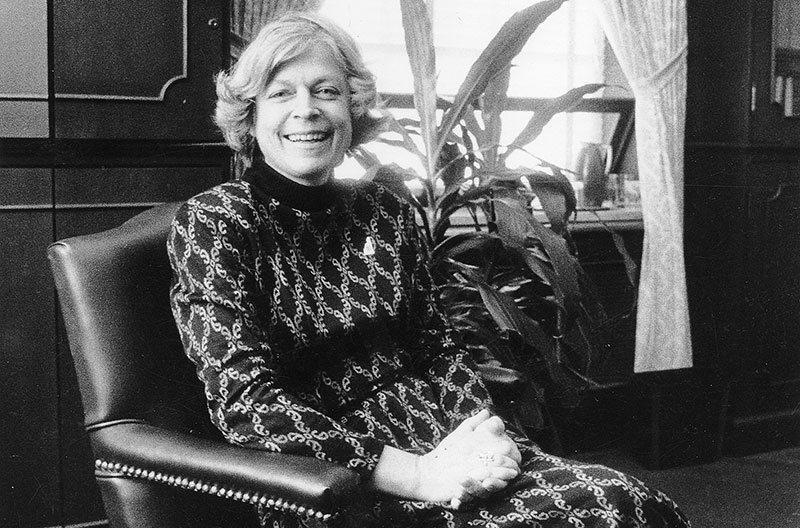
1993 Caroline Gross
1994
The Upper Valley Community Foundation (now the Upper Valley Region) becomes the Foundation’s fourth region.
1996
The Winthrop and Bernice Perry Scholarship Fund is established to support students living in Wilton and the surrounding area. By 2012, more than 360 individual scholarship funds will have been set up at the foundation.
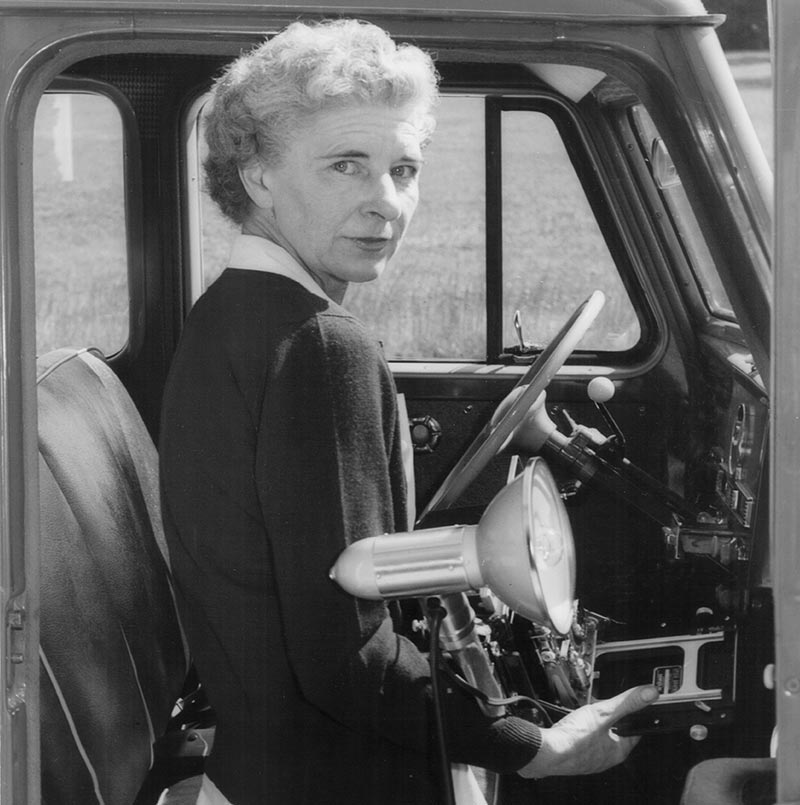
1996 Bernice Perry
1996
The Foundation helps establish the NH Center for Public Policy Studies, a nonpartisan organization that conducts research to better inform policy makers on issues shaping New Hampshire’s future.
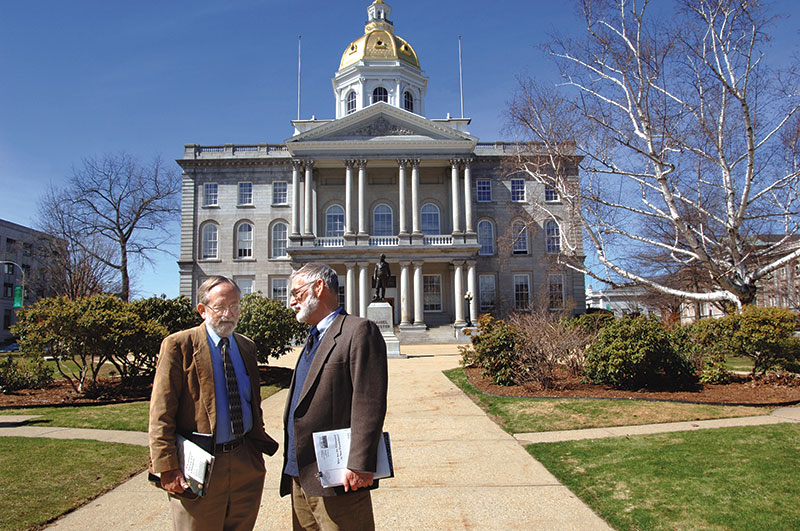
1996 The NH Center for Public Policy Studies is established
1997
Using its largest single gift to date — $9 million from then-anonymous philanthropist Oliver Hubbard — the Foundation launches the New Futures initiative aimed at supporting innovative approaches to preventing and treating alcohol, tobacco, and other drug problems in New Hampshire.
1998
The Monadnock Community Foundation (now the Monadnock Region) becomes the foundation’s fifth region.
2000
The Saguaro Seminar, a three-year initiative co-chaired by Lew Feldstein and Harvard University’s Robert Putnam, publishes a major report: “Better Together: Rebuilding America’s Social Capital.” The foundation also plays a leading role in the “2001 Social Capital Benchmark Survey” measuring civic engagement across the nation. The movement spawns international interest.
2000
The Manchester Regional Community Foundation (now the Manchester Region) is established as the foundation’s sixth region.
2000
A $9.8 million bequest from Marguerite Wellborn establishes the Wellborn Ecology Fund, providing for environmental education throughout the Upper Valley Region.
2002
The New Hampshire Charitable Foundation celebrates 40 years of philanthropy.
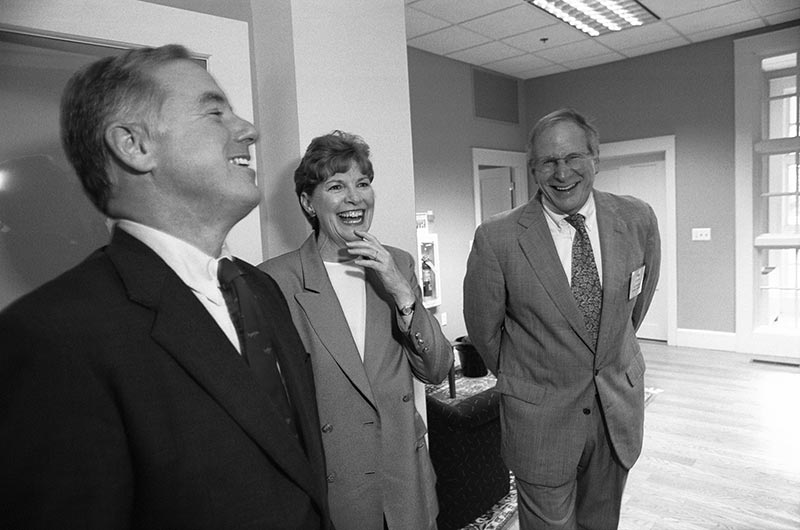
2002 Govs. Howard Dean and Jeanne Shaheen with Lew Feldstein
2002
The Greater Nashua Charitable Foundation joins with the foundation to create the Nashua Region.
2002
The Upper Connecticut River Mitigation and Enhancement Fund is established with the goal of distributing nearly $20 million over the next 15 years.
2002
Stone sculptor Gary Haven Smith receives the Foundation’s first Artist Advancement Grant.
2003
The Foundation receives its largest gift to date, a $31 million bequest from Oliver Hubbard, to continue support of New Futures and other initiatives combating substance use disorders.
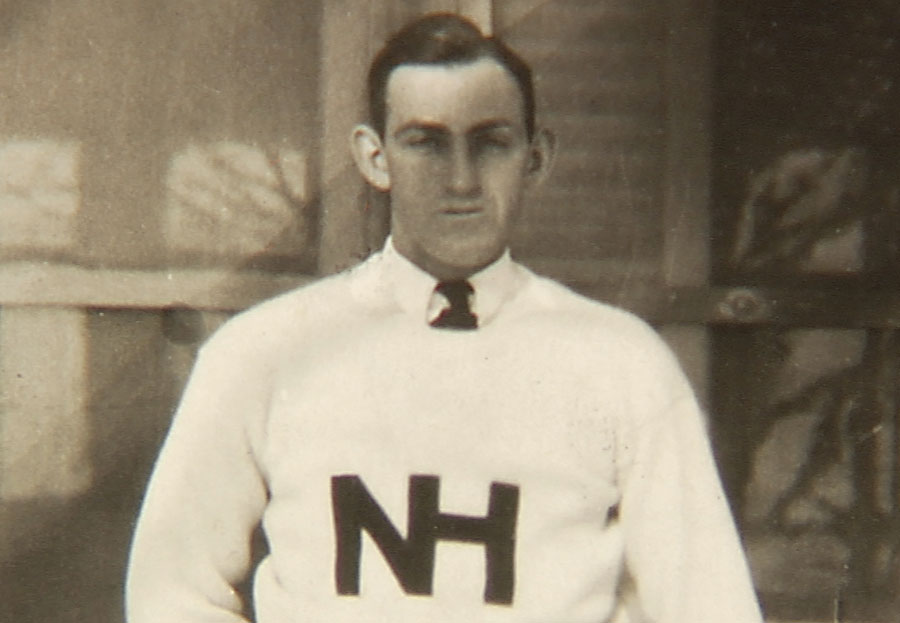
2003 Oliver Hubbard
2006
The Neil and Louise Tillotson Fund is established to support sustainable community and economic development in New Hampshire’s North Country. It becomes one of the country’s largest rural philanthropies.
2007
The Foundation is instrumental in supporting legislation to enhance lead paint poisoning prevention and enforcement.
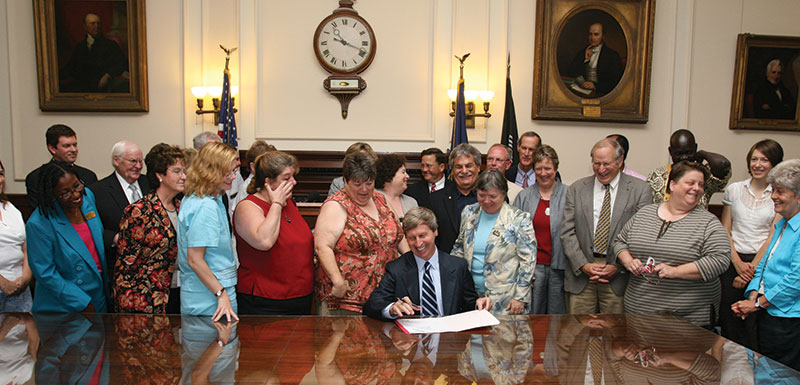
2007 Signing lead paint legislation into law
2009
Key Granite State entrepreneurs launch the Entreprenuers Foundation of New Hampshire (EFNH) under the umbrella of the foundation.
2010
The Foundation’s Manchester Region receives its largest gift to date ($8 million) with the establishment of the Lois G. Roy Dickerman Fund, which focuses on children and families, vocational training, and hospice care.
2010
Lew Feldstein, the Foundation’s longest-serving president, retires after 24 years of service — a time during which the organization’s assets grew from $25 million to $425 million. Richard Ober is selected as the new Foundation president.
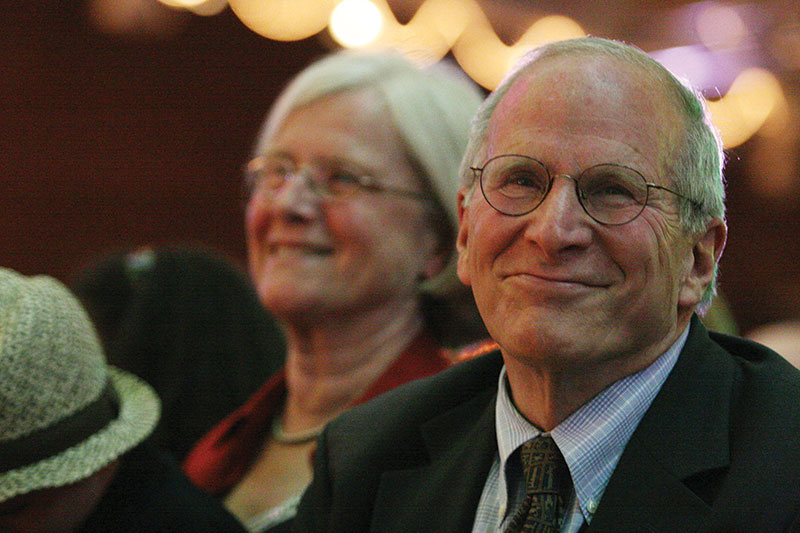
2010 Lew Feldstein retires; Dick Ober selected as new foundation president
2010
NonprofitNext, a computer platform to help nonprofits become more efficient and effective, launches with foundation support.
2010
The Foundation is instrumental in the passage of the Justice Reinvestment Act, a comprehensive set of reforms designed to reduce recidivism, improve public safety, and reduce costs to taxpayers.
2011
The Capital Region is established, becoming the eighth region of the Foundation.
2012
The New Hampshire Charitable Foundation celebrates 50 years — and looks ahead to the next half century of greater giving and stronger communities.
2013
The Business and Industry Association of New Hampshire presented the Foundation with the New Hampshire Advantage Award. The award honors businesses, organizations and projects that enhance New Hampshire’s special character and quality of life.
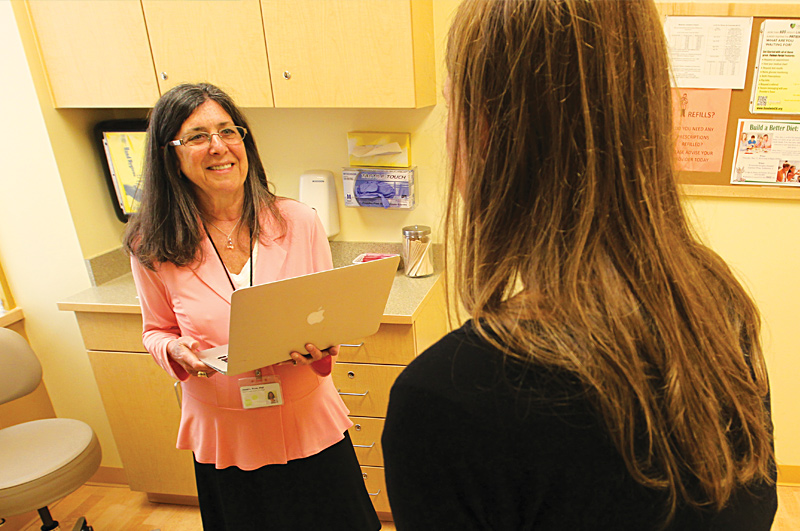
2014 A $2.25 million grant from the Conrad N. Hilton Foundation is used to implement the evidence-based SBIRT protocol in medical facilities across the state.
2014
The Foundation receives $2.25 million grant from the Conrad N. Hilton Foundation to implement the evidence-based “screening, brief intervention and referral to treatment” (SBIRT) protocol in medical facilities across the state.

2015 New Hampshire Tomorrow is launched
2015
The Foundation launches New Hampshire Tomorrow, a 10-year, $100 million commitment to make sure that every child in New Hampshire has the opportunity to thrive.
2016
In partnership with the Business and Industry Association of New Hampshire and as part of its New Hampshire Tomorrow initiative, the Foundation launches Workforce Accelerator 2025 to help ensure that 65 percent of New Hampshire adults have degrees or high-value credentials by 2025.
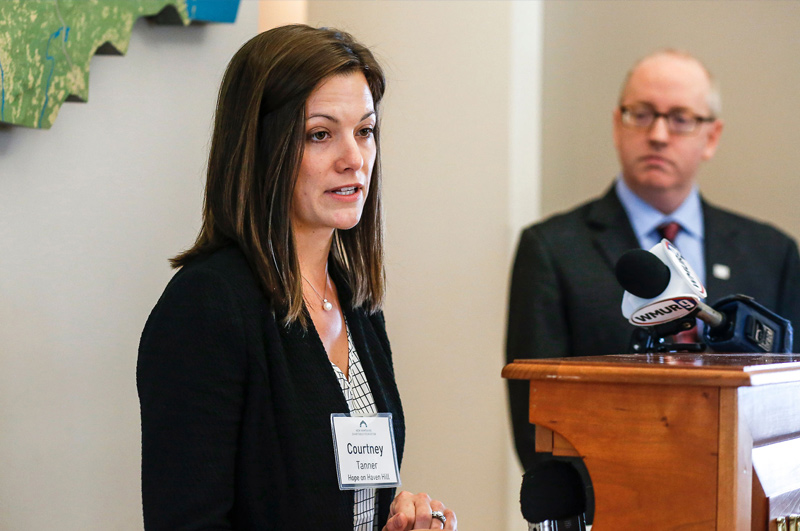
2017 A $3 million gift helps change outcomes for mothers and babies affected by substance use disorders.
2017
An anonymous donor makes a $3 million gift to the New Hampshire Charitable Foundation to change outcomes for pregnant and newly parenting women and their babies affected by opioid and other substance use disorders.

2018 A $250,000 grant from Eastern Bank, plus matching donations, means that the Charitable Foundation will nearly double the number of scholarships awarded for short-term education and workforce training over three years. Scholarships are directed to students who experience barriers to opportunity: New Americans, those with significant financial need and students who are the first in their families to attend college.
2019
Foundation investment and leadership, in conjunction with the work of other partners, helped the state secure a $26.7 million federal preschool development grant to fund regional early care and education initiatives, expand early-learning programs in rural areas, support family resource centers, support technical assistance and quality assessment and more.
2020
The Foundation opened the Community Crisis Action Fund in March of 2020 to respond to critical needs in our communities — and generous people gave $10,517,237 into that fund (in amounts starting at just $25). Every penny is going out into the community. Near the end of 2020, philanthropist, writer and advocate MacKenzie Scott made a $6 million donation into that fund.
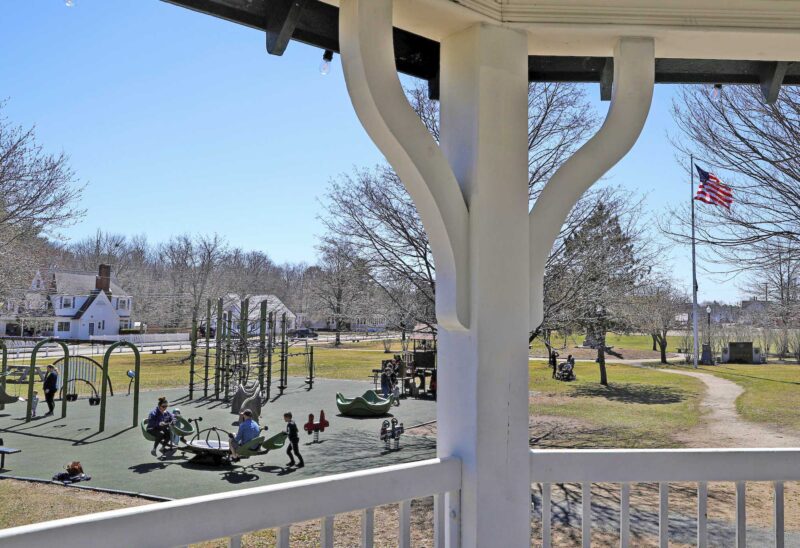
2021 The Greater Rochester Community Health Foundation, created with proceeds from the sale of the nonprofit Frisbie Memorial Hospital, became a “supporting organization” of the Charitable Foundation. GRCHF’s mission is to to improve the health and well-being of the people in Strafford County and surrounding communities. It will award grants, make program-related investments and provide other financial assistance to health and social service programs, organizations and projects that benefit the community.
2022
The Foundation launched a new strategic plan “Together We Thrive” to advance equity and racial justice and make New Hampshire a community where everyone can thrive.
2022
The Foundation wound down its regional advisory board system to test and implement new models of community engagement and decision-making.
